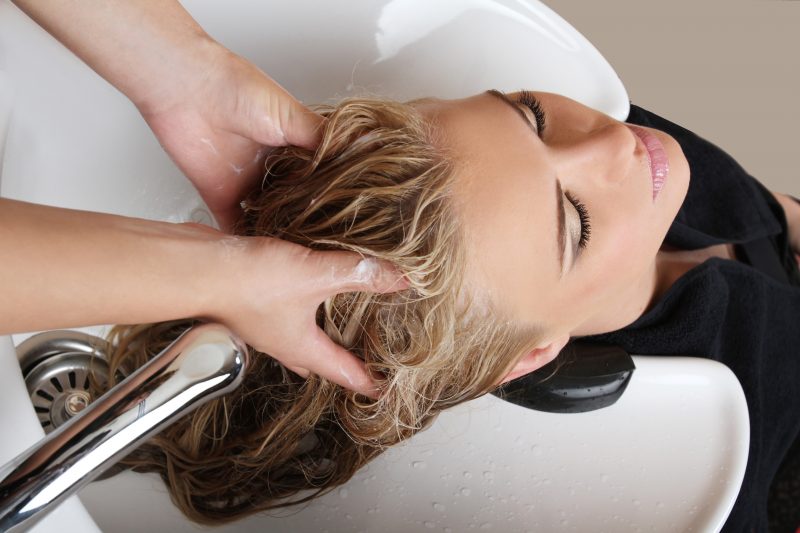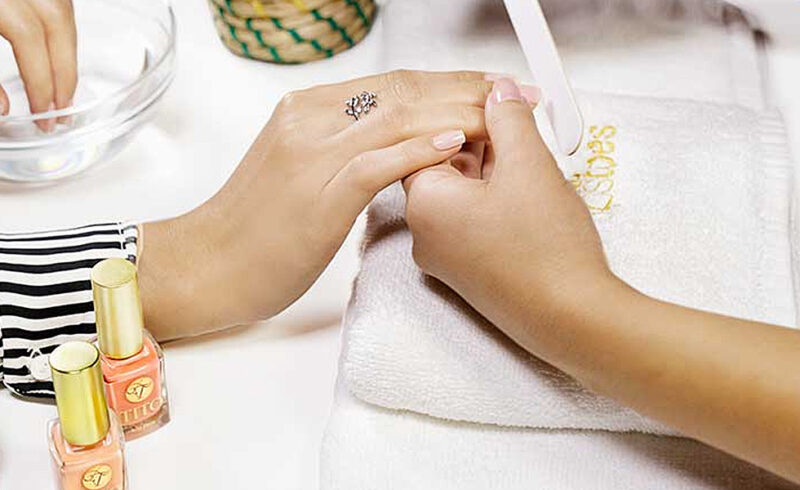Are makeup remover wipes doing more harm than good? While these wipes offer quick makeup removal and are a favourite for their convenience, they may come with hidden downsides. From potential skin issues to a significant environmental impact, it’s essential to consider whether these wipes are the best choice for your skincare routine.
In this article, we’ll delve into the effects of makeup remover wipes on skin health, their environmental footprint, and suggest eco-friendly alternatives. By the end, you’ll be equipped to make an informed choice for both your skin and the planet.
What Are Makeup Remover Wipes and Why Are They Popular?
Makeup remover wipes have become a staple in many people’s beauty routines because they’re easy to use, effective in a pinch, and require little to no time. Ideal for late nights, travel, or post-gym touch-ups, these wipes can swiftly dissolve makeup without needing water or rinsing. They’re marketed as quick and efficient, making them appealing to those with busy schedules or on-the-go lifestyles.
However, despite these benefits, makeup remover wipes are not as effective as other cleansing methods. While they may give the appearance of clean skin, many of these wipes only remove surface makeup, leaving behind unseen residue, oils, and even traces of dirt. This surface-level cleaning can result in a less-than-ideal skincare outcome over time. Many skincare experts caution against relying solely on wipes, emphasizing that thorough cleansing is essential for healthy skin.
How Makeup Remover Wipes Affect Your Skin
Using makeup remover wipes consistently can lead to a series of skin issues, especially if they are the only method of cleansing. Here’s how they can impact your skin over time:
- Residue Buildup: Wipes may leave a chemical residue that can clog pores and prevent the skin from breathing properly. This buildup, especially if left overnight, can cause breakouts and congestion, leading to blackheads and blemishes.
- Skin Irritation: Many makeup remover wipes are infused with preservatives, alcohol, and fragrances that help keep them fresh but can be harsh on your skin. Sensitive areas, particularly around the eyes, are especially prone to irritation. Over time, these ingredients can cause redness, itching, or dry patches.
- Disruption of Skin’s Natural Barrier: The skin’s protective barrier, known as the acid mantle, is crucial for retaining moisture and blocking out harmful bacteria. When this barrier is disrupted by excessive use of wipes, the skin can become more vulnerable to environmental damage, dryness, and fine lines. The physical act of rubbing with wipes can also accelerate the appearance of wrinkles, especially around the delicate eye area.
- Dehydration: Makeup remover wipes are often soaked in chemicals rather than water, which can strip the skin of its natural oils. This can lead to dehydration, leaving skin feeling tight and dry, especially for those with sensitive or dry skin types.
For these reasons, many dermatologists suggest using wipes only as a last resort or when necessary, rather than as a regular replacement for cleansing routines.
The Environmental Impact of Makeup Remover Wipes
Apart from their effects on skin, makeup remover wipes have a considerable environmental footprint. Most wipes are made from synthetic materials like polyester or polypropylene, which are non-biodegradable. This means they don’t break down naturally and can sit in landfills for decades or even centuries, contributing to the ongoing waste crisis.
Moreover, the chemicals and preservatives in wipes can seep into the soil and water systems, affecting ecosystems and biodiversity. Many wipes are discarded carelessly or flushed down the toilet, ending up in waterways and causing further environmental harm. The average makeup remover wipe takes up to 100 years to decompose, creating lasting waste from a single use. This raises a significant issue for eco-conscious consumers looking to reduce their footprint.
Healthier and Eco-Friendly Alternatives to Makeup Remover Wipes
Thankfully, there are several alternatives that are not only better for your skin but also kinder to the planet. Here are some effective, eco-friendly makeup removal options:
- Micellar Water with Reusable Cotton Pads: Micellar water is a gentle, no-rinse cleanser that removes dirt, oil, and makeup without leaving any residue. Using it with reusable cotton pads is an excellent way to avoid waste, as these pads can be washed and reused multiple times. Micellar water is particularly popular for sensitive skin, as it’s alcohol-free and typically fragrance-free.
- Cleansing Oils and Balms: These oil-based cleansers are ideal for breaking down stubborn makeup, especially waterproof mascara or long-wear foundations. Oil cleansing is known for its hydrating properties and leaves the skin soft without stripping it of its natural oils. Many cleansing balms contain nourishing ingredients that help maintain the skin’s barrier and reduce irritation.
- Cleansing Milk: For those with sensitive or combination skin, cleansing milk offers a gentle yet effective way to remove makeup. It doesn’t foam up, so it’s less likely to dry out the skin. Cleansing milk is known for its creamy texture that hydrates and calms the skin, making it suitable for everyday use.
- Powder Cleansers: Powder cleansers are activated by water and can provide a mild exfoliation while removing makeup and impurities. This option is suitable for those who want a deeper clean on certain days and helps to unclog pores without harsh scrubbing.
- Reusable Makeup Cloths: Made from soft, plush material, reusable makeup cloths can gently remove makeup with just water. These clothes are washable and can last a long time, making them a sustainable alternative to wipes.
Tips for Reducing Makeup Remover Wipes Usage
Transitioning away from makeup remover wipes doesn’t have to be challenging. Here are some tips for gradually reducing reliance on them:
- Start with Reusable Alternatives: Replace single-use wipes with reusable pads or cloths, which can provide a similar experience without the waste. Washing these items is simple, and they can be used repeatedly.
- Incorporate Double Cleansing: The double cleansing method, which involves using an oil-based cleanser followed by a water-based cleanser, is a great way to thoroughly clean the skin. This method ensures that all traces of makeup are removed without leaving residue.
- Try Eco-Friendly Brands: For those who still need the convenience of wipes occasionally, consider compostable or biodegradable options from eco-friendly brands. These products offer a reduced environmental impact and are better suited for travel or emergency situations.
- Be Mindful of Ingredients: Whether you’re using wipes, micellar water, or cleansers, opt for products with minimal, gentle ingredients. Avoiding alcohol and fragrance can reduce irritation and dryness.
Conclusion
While makeup remover wipes offer a convenient solution for makeup removal, their long-term effects on skin health and the environment are worth considering. Shifting to more eco-friendly methods, like micellar water or cleansing oils, can help reduce waste and offer a gentler approach to skincare. By making a few mindful adjustments to your routine, you can support both a cleaner complexion and a healthier planet.
Discover Sustainable Beauty Solutions at Tips & Toes
Ready to make your beauty routine eco-friendly? Visit Tips & Toes to explore sustainable skincare options that are gentle on your skin and the environment. From luxurious facials to calming massages, our experts are here to help you achieve glowing skin with a sustainable touch. Book an Appointment today and join us on a journey to cleaner, greener beauty!
Note: Read Our Latest Blogs:
Rosemary Water for Hair | How to Remove Gel Nail Polish at Home | Hair Keratin Treatment | Deep Tissue Massage | What is Grooming | Makeup Remover
Frequently Asked Questions
Q1. Are makeup remover wipes suitable for daily use?
It’s best to limit their use to emergencies or occasional use, as daily use can lead to residue buildup and potential skin issues.
Q2. Can makeup remover wipes cause acne?
Yes, the residue from wipes can clog pores, making them a poor choice for those prone to acne.
Q3. Are there eco-friendly makeup remover wipes?
Some brands offer biodegradable wipes, but they’re still best for occasional use to minimize environmental impact.
Q4. What’s the best alternative to makeup remover wipes?
Micellar water with reusable cotton pads or a cleansing oil is often recommended for effective, gentle makeup removal.
Q5. Can wipes cause wrinkles?
Over time, the rubbing and pulling required to remove makeup with wipes can lead to fine lines, especially around the eyes.
Q6. Are wipes bad for sensitive skin?
Many wipes contain harsh ingredients that can irritate sensitive skin. Look for gentle, fragrance-free options if you must use them.
Q7. Do wipes cleanse as well as face wash?
No, wipes only remove surface makeup and do not provide the deep clean that face washes can offer.
Q8. Can makeup remover wipes be recycled?
Unfortunately, most wipes are non-recyclable due to synthetic materials, so they end up in landfills.
 KSA
KSA





